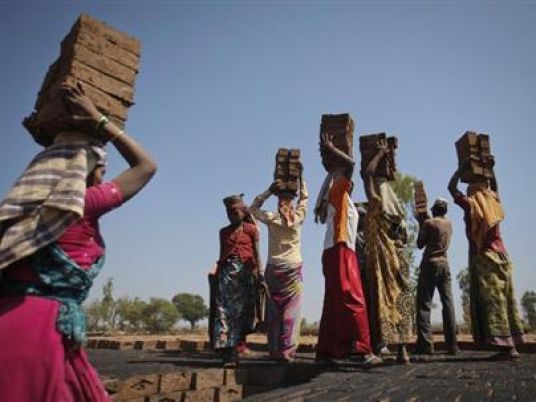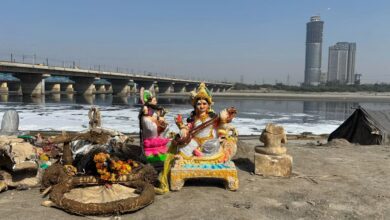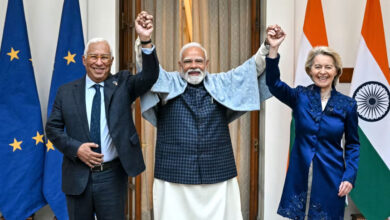
shortage of specialized legal care and protection means that victims of trafficking and bonded labor in India fail to get justice and perpetrators continue to buy and sell people with impunity, a report said on Monday.
The study by the Freedom Fund and Thomson Reuters Foundation said charities on the frontline of anti-trafficking efforts were unable to support victims to pursue their cases in court as they were chronically under funded and poorly trained.
"Traffickers are motivated by high profits and the low risk due to weak law enforcement and low levels of prosecution. To tackle human trafficking, prosecution and punishment of offenders must be pursued as well as legal action to seize the assets and profits of traffickers," said the report.
"While prosecutions alone will not bring an end to trafficking, there is immense potential to use legal strategies to deliver justice to victims, deter potential perpetrators and put traffickers out of business," it added.
India is home to more than 14 million victims of slavery, ranging from bonded labor to prostitution, according to the 2014 Global Slavery Index. The index found India had by far the greatest number of slaves of the 167 countries surveyed.
Thousands of Indians – largely poor, rural women and children – are lured to cities each year by traffickers who promise good jobs but sell them into domestic or sex work or to industries such as brick kilns and textile workshops.
In many cases, they are not paid or are held in debt bondage. Some go missing, with their families unable to trace them.
In January, hundreds of children trafficked and enslaved to make bangles were rescued by police in the southern city of Hyderabad. Some of the children were as young as six.
The report, which is based on interviews with NGOs, lawyers, survivors, police and government child welfare officers in New Delhi, Bihar and Uttar Pradesh, said that despite thousands of people being rescued, many perpetrators went unpunished.
For example, although 2,313 bonded laborers were identified and released between 1996 and 2005 in Uttar Pradesh – a northern state with a population of around 200 million – only 225 prosecutions were initiated.
One of main reasons for the low rate of prosecutions and convictions, said the report, is the lack of victim protection.
"NGOs stated that after victims are rescued and a criminal case is lodged, often the subsequent police investigation and prosecution does not result in a conviction," said the study.
"Victims are often harassed, intimidated, and become vulnerable to social stigma, on top of poor investigations, slow trials and insensitive court environments, resulting in the victim feeling further victimized."
It said charities had difficulties finding committed lawyers at an affordable cost or pro bono and called for specialized training for lawyers dealing with human trafficking cases and effective data collection for the purpose of prosecution.
India's new anti-trafficking law, Section 370, which has expanded the definition of trafficking and toughened penalties, could help deliver justice to many victims, said the report.
"Section 370 offers significant potential to address all forms of slavery in India, especially forced labor – which, prior to the introduction of Section 370 was not treated as a serious offence and carried very weak penalties," it said.
"It is vital that NGO staff and lawyers share strategies, are trained on how to ensure maximum use of the provision, and that experienced lawyers undertake important cases that will make use of the section to its fullest extent."




